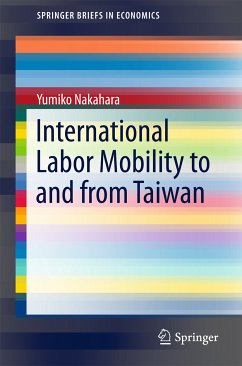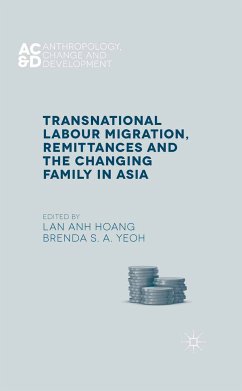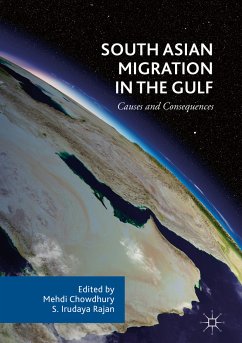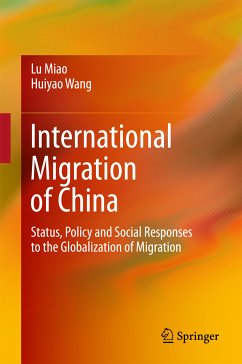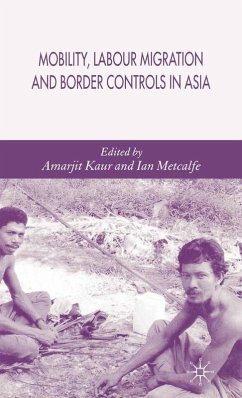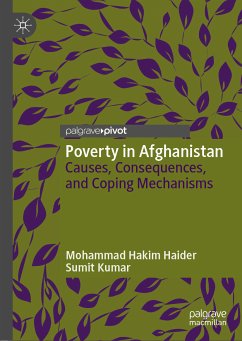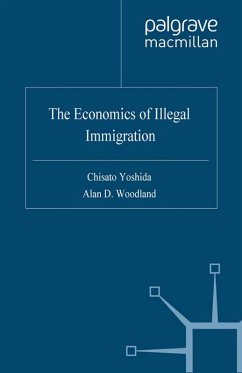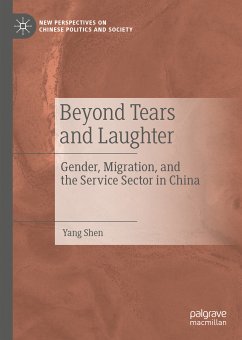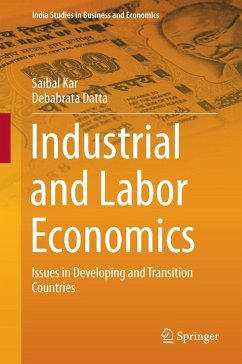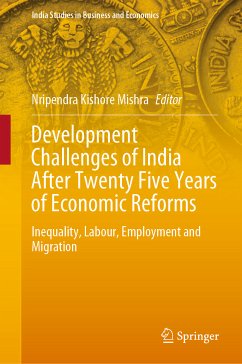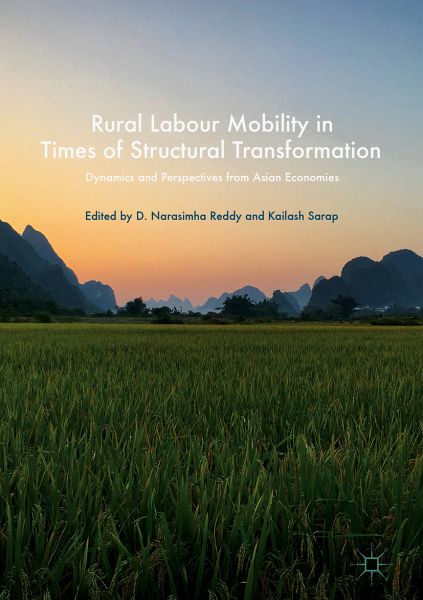
Rural Labour Mobility in Times of Structural Transformation (eBook, PDF)
Dynamics and Perspectives from Asian Economies
Redaktion: Reddy, D. Narasimha; Sarap, Kailash
Versandkostenfrei!
Sofort per Download lieferbar
72,95 €
inkl. MwSt.
Weitere Ausgaben:

PAYBACK Punkte
36 °P sammeln!
This book examines essential issues and perspectives on rural labour, helping readers understand the changes that are currently taking place in the labour markets, especially with regard to migrants from rural to urban areas, their socio-economic conditions, factors contributing to such mobility and associated problems. Further, it addresses the question of why the socio-economic conditions of rural labour have not experienced measurable improvements.Presenting a collection of painstakingly researched essays that focus on both India and China, the book addresses these challenges with an explic...
This book examines essential issues and perspectives on rural labour, helping readers understand the changes that are currently taking place in the labour markets, especially with regard to migrants from rural to urban areas, their socio-economic conditions, factors contributing to such mobility and associated problems. Further, it addresses the question of why the socio-economic conditions of rural labour have not experienced measurable improvements.
Presenting a collection of painstakingly researched essays that focus on both India and China, the book addresses these challenges with an explicit focus on safeguarding the interests of rural labour under the neoliberal dispensation. The research is based on primary survey data and analytical issues from selected Asian economies, especially from India. On the basis of the findings discussed, it subsequently suggests ways forward so as to improve the wellbeing of migrant households and put an end todistress migration. Lastly, the book convincingly argues that improving labour market outcomes, and more specifically, generating employment and providing alternative livelihood avenues, represents the most pressing challenge in rural areas.
Dieser Download kann aus rechtlichen Gründen nur mit Rechnungsadresse in A, B, BG, CY, CZ, D, DK, EW, E, FIN, F, GR, HR, H, IRL, I, LT, L, LR, M, NL, PL, P, R, S, SLO, SK ausgeliefert werden.



